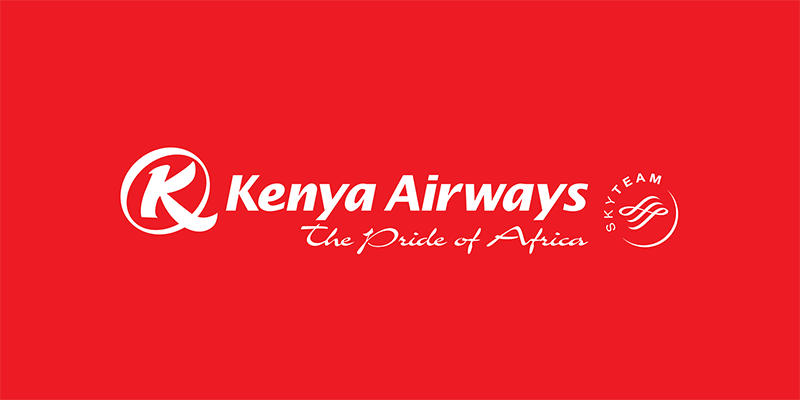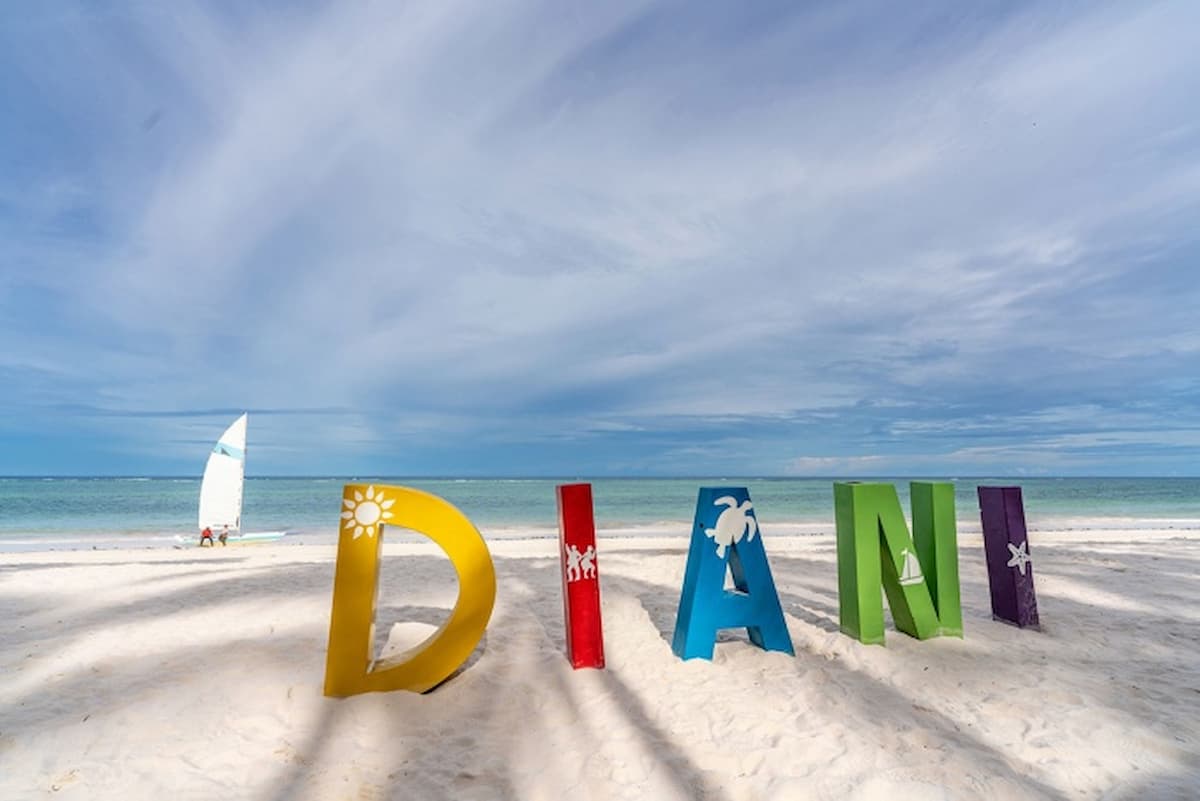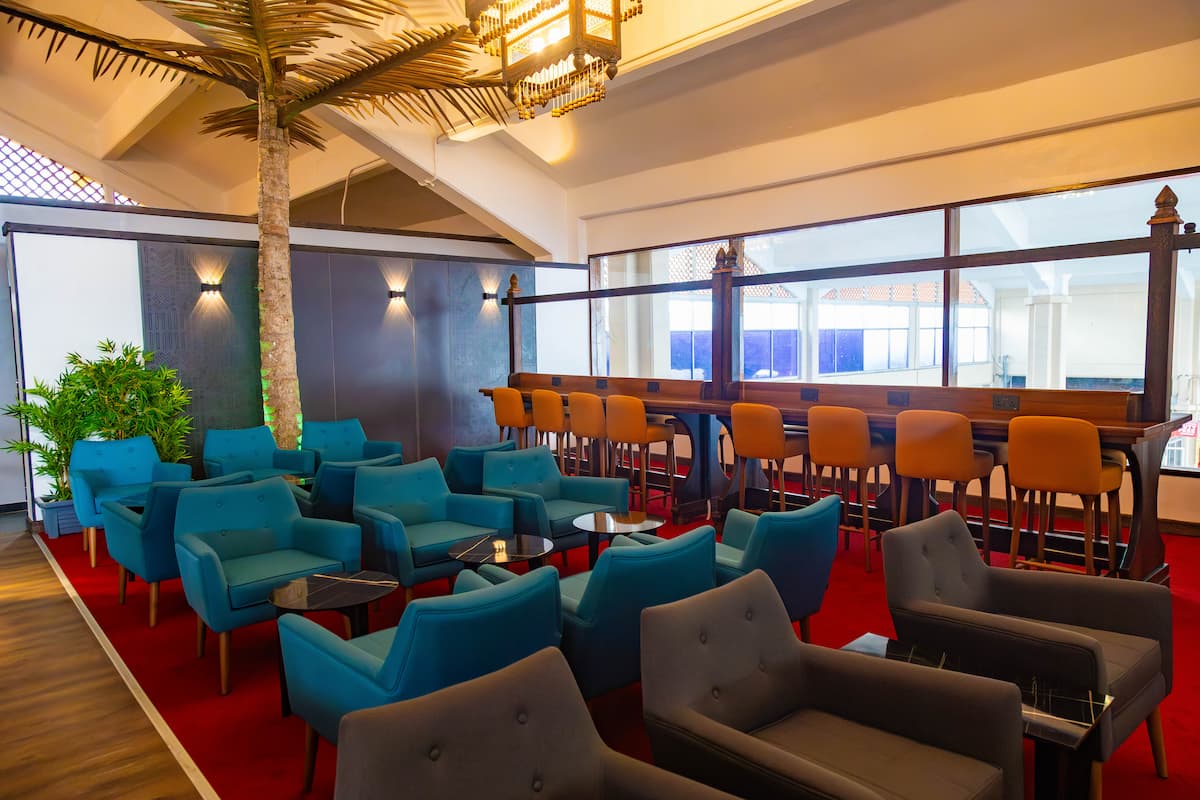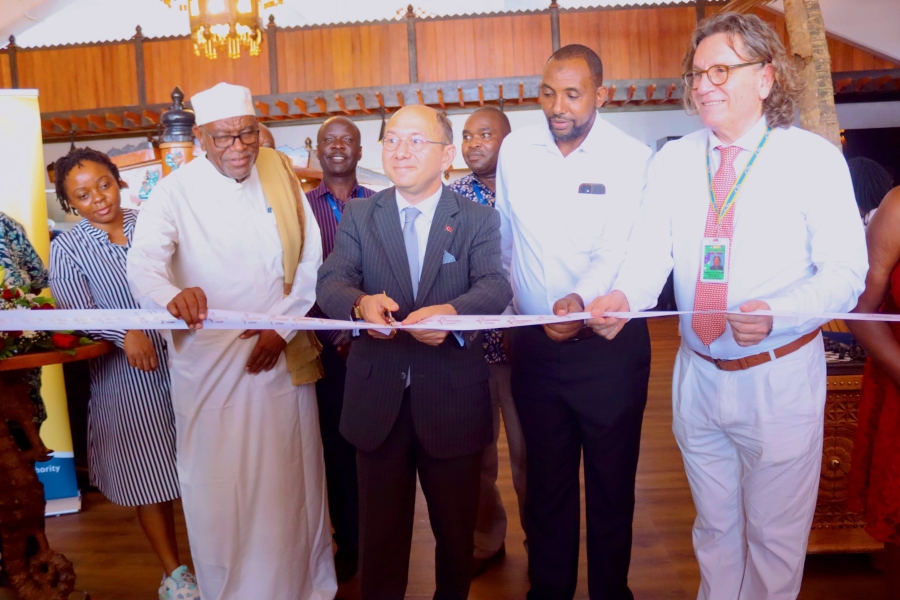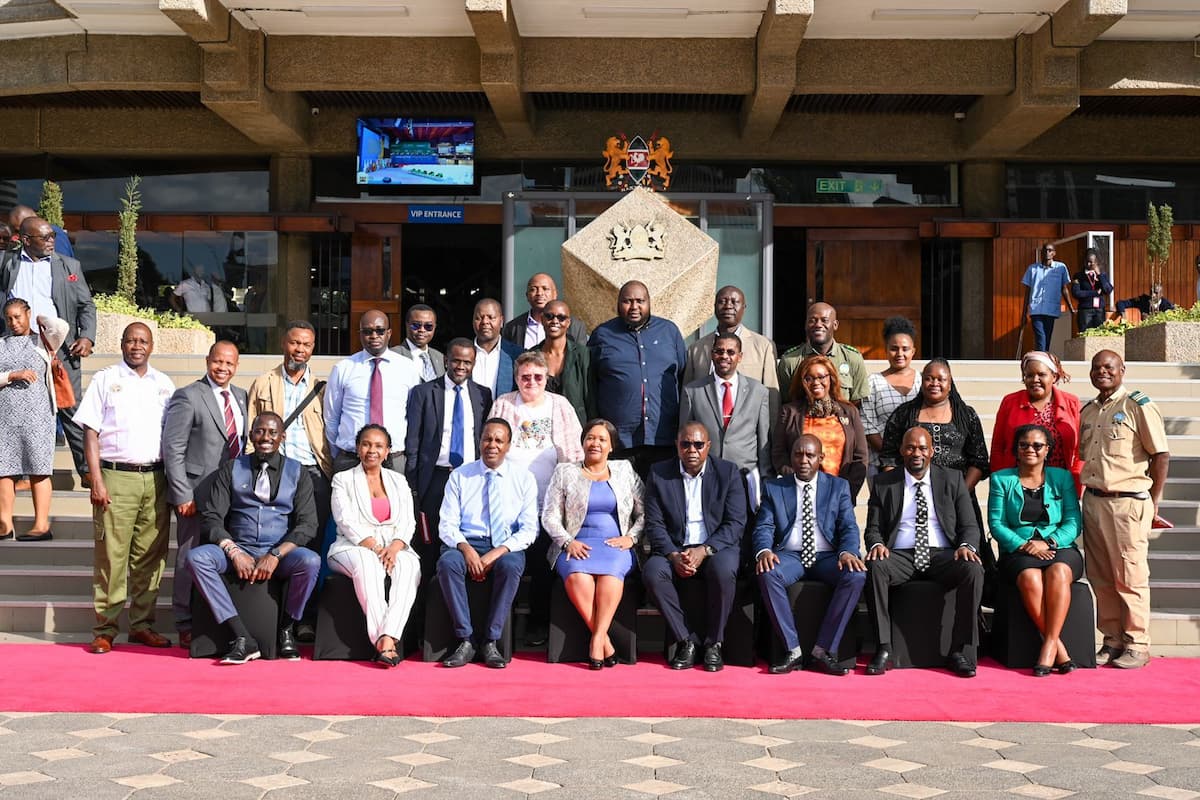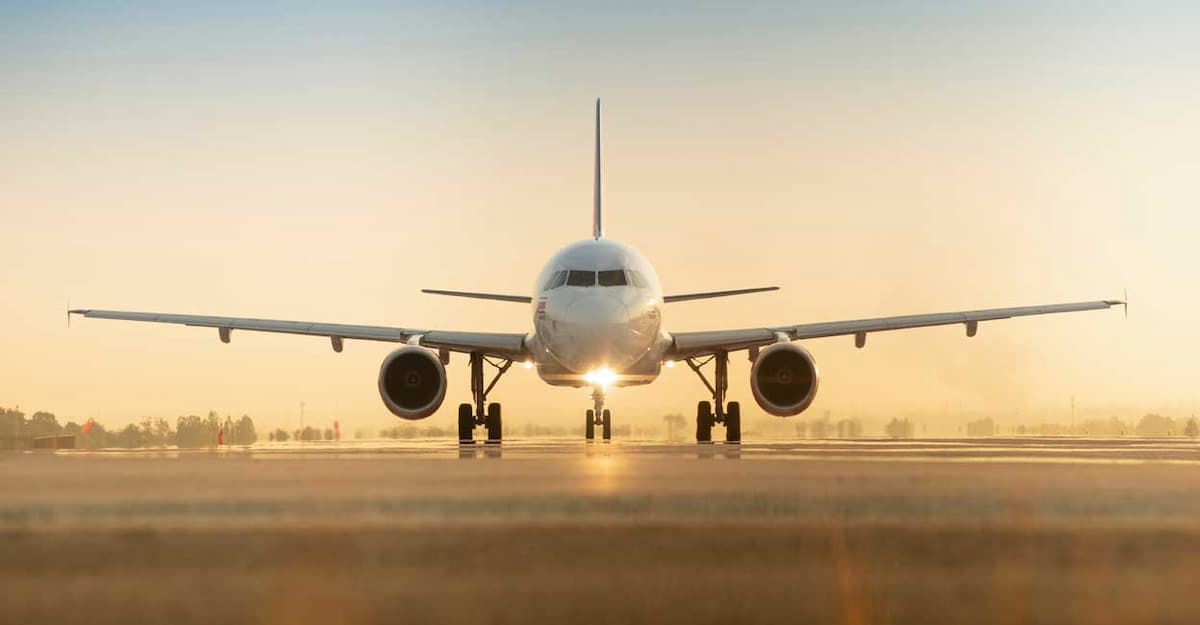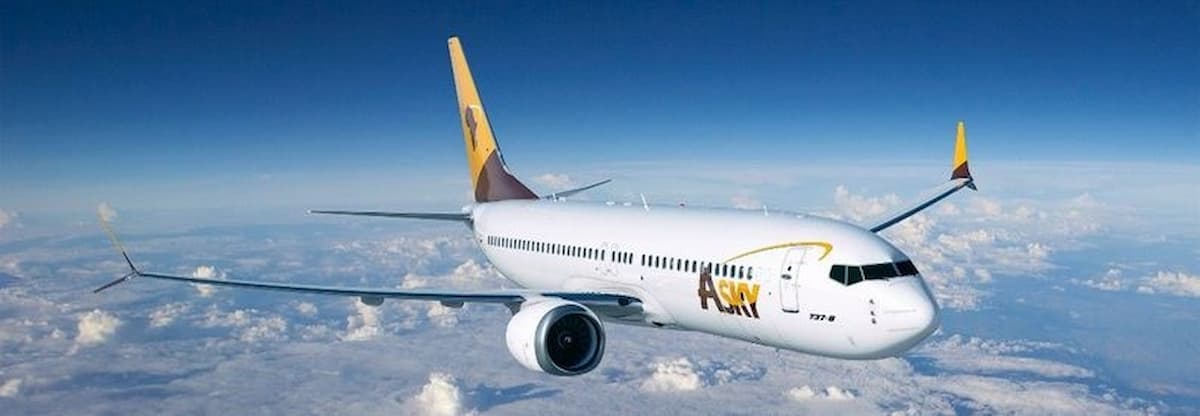The 2024 program of the World Travel Awards (WTA) has already showcased an exciting year for the global travel and tourism industry. With a series of prestigious events held across different regions, the WTA continues to honour the best in the business, from airlines and hotels to destinations and tour operators. As the year progresses, anticipation builds for one of the most highly awaited ceremonies—the Africa Gala Ceremony, scheduled for October at the Diamonds Leisure Beach & Golf Resort in Diani Beach, Kenya.
This upcoming gala is set to showcase the finest achievements in Africa’s tourism sector, further solidifying the continent’s place on the world travel map.
Progress in 2024: A Year of Milestones
The year kicked off with great momentum for the World Travel Awards, as various regional ceremonies took place in key global destinations. Each event brought the industry’s top players together, spotlighting their achievements, innovation, and resilience in a time of gradual recovery from the global pandemic and other economic challenges.
• Middle East Gala Ceremony: Held in Dubai, this event highlighted the region’s luxury offerings and booming tourism development, particularly in hospitality and airlines.
• European Gala Ceremony: Europe, one of the most competitive travel markets, saw a celebration of its world-renowned cultural and historical attractions. Destinations like France, Italy, and Spain took top honours for their hospitality excellence and sustainable tourism initiatives.
• Asia & Oceania Gala Ceremony: This region’s ceremony underscored the growing influence of Asia and Oceania in global tourism, with emerging markets and innovation in travel technology taking centre stage.
As these events unfolded, the travel industry continued to recover, with greater emphasis on sustainability, immersive travel experiences, and cultural authenticity
Anticipating the Africa Gala Ceremony in Kenya
Now, all attention turns toward the Africa Gala Ceremony, which will be held on October 18, 2024, at the stunning Diamonds Leisure Beach & Golf Resort in Diani Beach, Kenya. Diani Beach, located along Kenya’s southern coastline, is a haven for sun-seekers, nature lovers, and adventure enthusiasts alike. This location—known for its pristine beaches, coral reefs, and tropical ambiance—sets the stage for a memorable event that celebrates the very best of African travel and tourism.
Diamonds Leisure Beach & Golf Resort: The Perfect Host
Set along Diani’s world-famous white sands and turquoise waters, the Diamonds Leisure Beach & Golf Resort is an exquisite choice for the Africa Gala Ceremony. The luxury resort, known for its eco-friendly design and exceptional service, boasts a golf course, lush gardens, and an array of leisure activities that reflect the serene charm of Kenya’s coast. This makes it an ideal setting for recognizing the continent’s finest tourism brands and experiences.
The resort will host top industry leaders, VIP guests, and media from across Africa and beyond, offering a perfect blend of business and pleasure, where networking and celebration will take place against a backdrop of tropical splendour.
What to Expect at the Ceremony
The Africa Gala Ceremony promises to be an unforgettable evening, with over 100 categories of awards that recognize the excellence of tourism businesses across the continent. These awards will cover everything from Africa’s Leading Airline to Africa’s Leading Hotel, Leading Tourist Attraction, and Leading Safari Destination.
Some highlights we can expect:
1. Honouring Industry Leaders: The event will recognize leading travel companies, airlines, hotels, and tour operators who have demonstrated innovation, resilience, and dedication to delivering exceptional travel experiences. There will be special focus on African tourism brands that have not only recovered but thrived in the post-pandemic era.
2. Focus on Sustainability: Many of the nominees this year have placed sustainability at the forefront of their operations. From eco-friendly lodges in Kenya’s Maasai Mara to sustainable tourism practices in South Africa’s winelands, the awards will highlight initiatives that protect the environment and support local communities.
3. Spotlight on Africa’s Hidden Gems: While popular destinations like Cape Town, Marrakech, and Zanzibar are always in the limelight, this year’s awards will also bring attention to lesser-known African travel spots that offer unique experiences. Expect nominations from up-and-coming destinations like São Tomé and Príncipe, Malawi, and Rwanda.
4. Exclusive Performances and Cultural Showcases: The gala will feature Kenyan cultural performances, blending traditional African music and dance with modern entertainment. This will give international guests a glimpse into the rich cultural heritage of Kenya and the wider region.
Why the Africa Gala Ceremony Matters
The Africa Gala Ceremony is more than just an award night; it is a celebration of Africa’s tourism resurgence. In recent years, Africa has emerged as one of the fastest-growing travel destinations globally, driven by its natural wonders, wildlife safaris, and rich cultural diversity. From luxury resorts in Mauritius to wildlife adventures in Botswana, Africa’s tourism landscape is more diverse than ever.
This year’s ceremony is expected to build on the growing trend of sustainable and immersive travel. As more travellers seek eco-conscious and community-driven experiences, African destinations have risen to the challenge by offering authentic and responsible tourism options. The event will amplify these efforts, bringing attention to Africa’s capacity to provide world-class travel while maintaining cultural integrity and environmental stewardship.
The 2024 Africa Gala Ceremony at Diamonds Leisure Beach & Golf Resort in Diani Beach, Kenya, will be a defining moment for Africa’s travel and tourism industry. As the World Travel Awards continues to recognize and reward excellence across the globe, this ceremony will honour the African sector’s brightest stars. Whether it’s a luxurious beach resort, an airline excelling in customer service, or a safari lodge promoting conservation, the event will spotlight the best of what Africa has to offer.
With its breathtaking setting and a lineup of deserving nominees, the Africa Gala Ceremony promises to be a night of celebration, collaboration, and inspiration for the future of African tourism.
Source: Breaking Travel News

